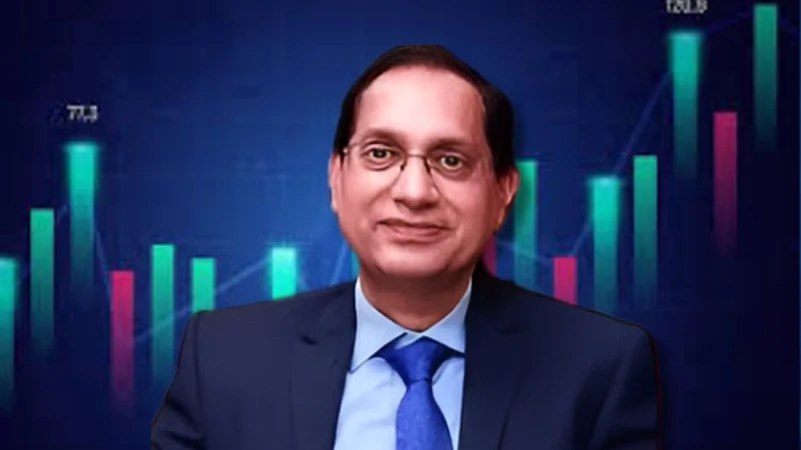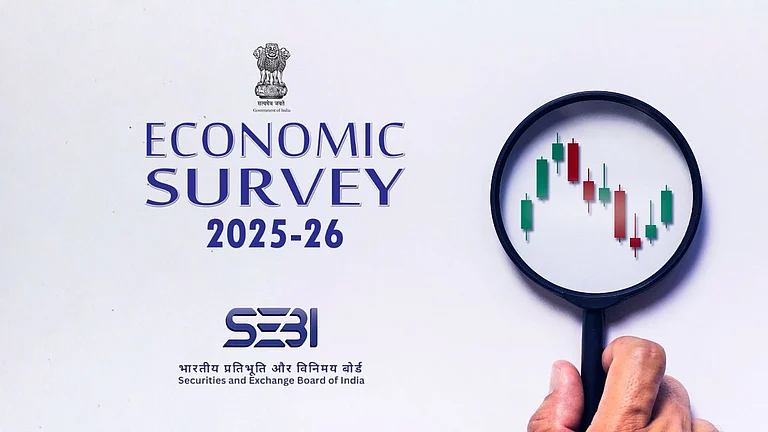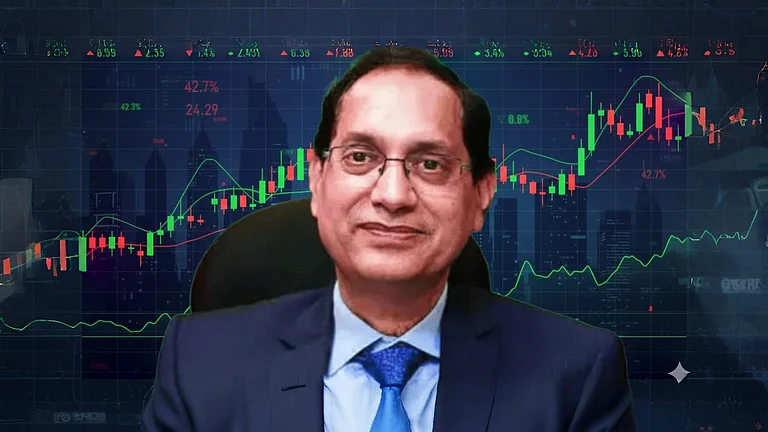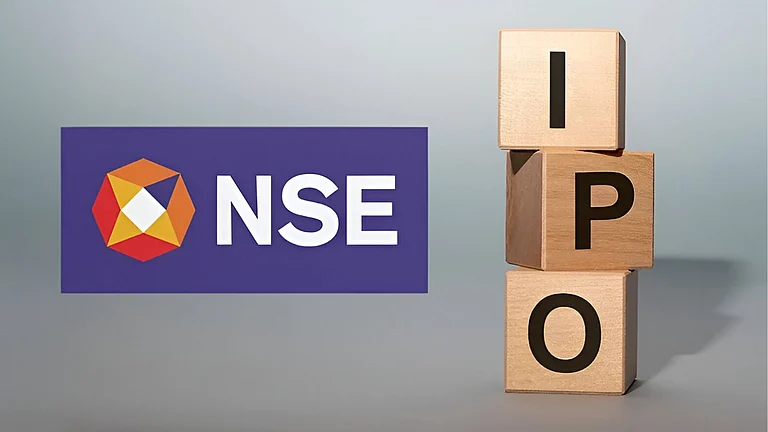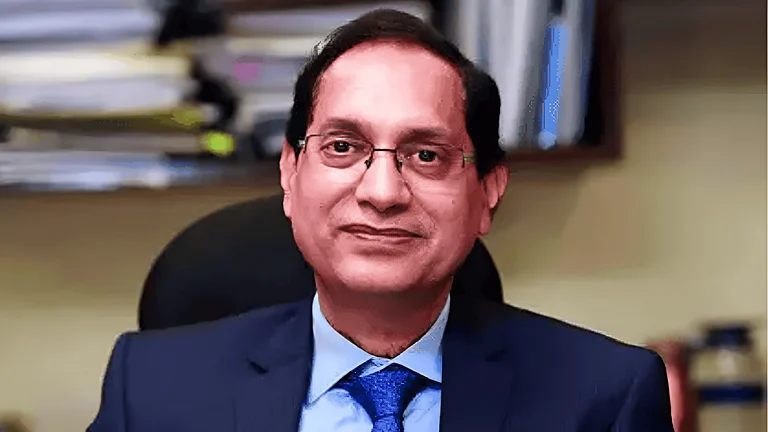
Summary of this article
The grey market refers to an unofficial space in which investors trade shares or applications before a stock officially lists on the exchanges.
Sebi chief Tuhin Kanta Pandey has hinted at plans to launch a regulated platform for the trading of unlisted shares.
Given the significance of the grey market, Sebi’s move is expected to increase transparency, enhance price discovery and protect investors.
India’s primary market has witnessed a strong surge in the past two years. The primary market has seen broad based interest from both investors and companies looking to list their shares. Simultaneously the grey market for unlisted shares has also witnessed a sharp-surge in investor interest. In a recent speech the Sebi chief Tuhin Kanta Pandey has hinted at regulating the space in which unlisted shares are traded.
“The market has scaled rapidly. We are looking good on several key parameters such as the number of unique investors 13 crore or about 130 million. Mutual fund investors 7 crore which is about 70 million. Healthy primary market which is Rs 4.3 trillion raised in FY25. A strong fundraising pipeline of Rs 1.4 trillion can be raised going ahead,” Pandey said.
What Is The Grey Market
The grey market refers to an unofficial space in which investors trade shares or applications before a stock officially lists on the exchanges. The trades generally occur in cash and are made completely outside the regulatory ambit of the NSE and BSE and Sebi. Buyers and sellers directly approach each other to make trades or make trades through unregistered brokers.
Sebi’s Regulation Plan
Securities Exchange Board of India (Sebi) chief Tuhin Kanta Pandey has hinted at plans to launch a regulated platform for the trading of unlisted shares. Speaking at Federation of Indian Chambers of Commerce & Industry (FICCI) 22nd Annual Capital Markets Conference, Pandey said that as the primary market expands investors are constantly seeking fresh investment opportunities.
Pandey added that simply relying on the pre-listing information does not enable the investors to make informed decisions which in turn can lead to bad decisions while trading shares of unlisted companies on the grey market. To mitigate this issue, Pandey said that a regulated space for trading shares of pre-IPO companies can be formed. He further added that the trading on such platforms would only take place after certain disclosures are made. The disclosures are expected to enable investors to make more informed choices.
“With a booming IPO market, investors are eagerly anticipating what is next. Yet, pre-listing information is often not enough for investors to make an investment decision. Can we think of an initiative on a pilot basis for a regulated venue where pre IPO companies can choose to trade subject to certain disclosures?,” Pandey said.
What It Means For Investors
The exact size of the grey market in India is not known on account of its unregulated nature. However shares of popular companies are often traded in the unofficial market such as NSE, Chennai Super Kings (CSK), and others. Additionally the grey market also has a significant impact on the overall primary market. The spillover of grey market activity occurs because primary market investors often check the Grey Market Premium (GMP) of unlisted shares. The premium refers to the additional sum of money that an investor is ready to pay to purchase shares in the grey market.
For IPO-bound companies, the GMP is often considered as one of the many factors which investors use to speculate the listing price of the stock and the profit or loss they are likely to make once the share lists. A high GMP can attract more investors leading to public issues being oversubscribed multiple times due to the buzz generated in the grey market. However, the methodology through which grey market premium is determined is not transparent and mostly operates on demand and supply.
Given the significance of the grey market, Sebi’s move is expected to increase transparency, enhance price discovery and protect investors. Presently grey market trades are outside the regulatory ambit of the Sebi, a regulated space for trading unlisted securities is expected to offer grey market investors a way to seek redressal for grievances, which they cannot do currently.
Additionally since such trades will require disclosures from the companies, investors will be able to make more informed choices as opposed to relying on word-of-mouth and rumours.
Presently the GMP is based on speculative demand-supply fluctuations, regulation of the space is also likely to improve price discovery for the unlisted shares as investors might shift to instead evaluating the company's fundamentals. A regulated platform with transparent trading would lead to a more realistic and accurate price discovery for unlisted shares.
“We have growth momentum with us. It's time to convert it into a flywheel. Robust regulatory framework increases transparency and technology which in turn increases trust in the system and a greater investor participation and a deeper and more liquid market. A better price discovery, the lower cost of capital and in turn greater investment and innovation,” Pandey said.
The Sebi chief also talked about the initiatives taken by the capital market regulator to enhance the ease of trading in the primary market. He listed several developments such as the shortening of IPO timelines and other measures to make the investing process more time-efficient and cost-effective.
“At SEBI, we have worked to shorten IPO timelines, to enable safeguards such as blocking of funds and direct payout, and to establish digital processes that reduce cost and time for everyone,” Pandey said.

